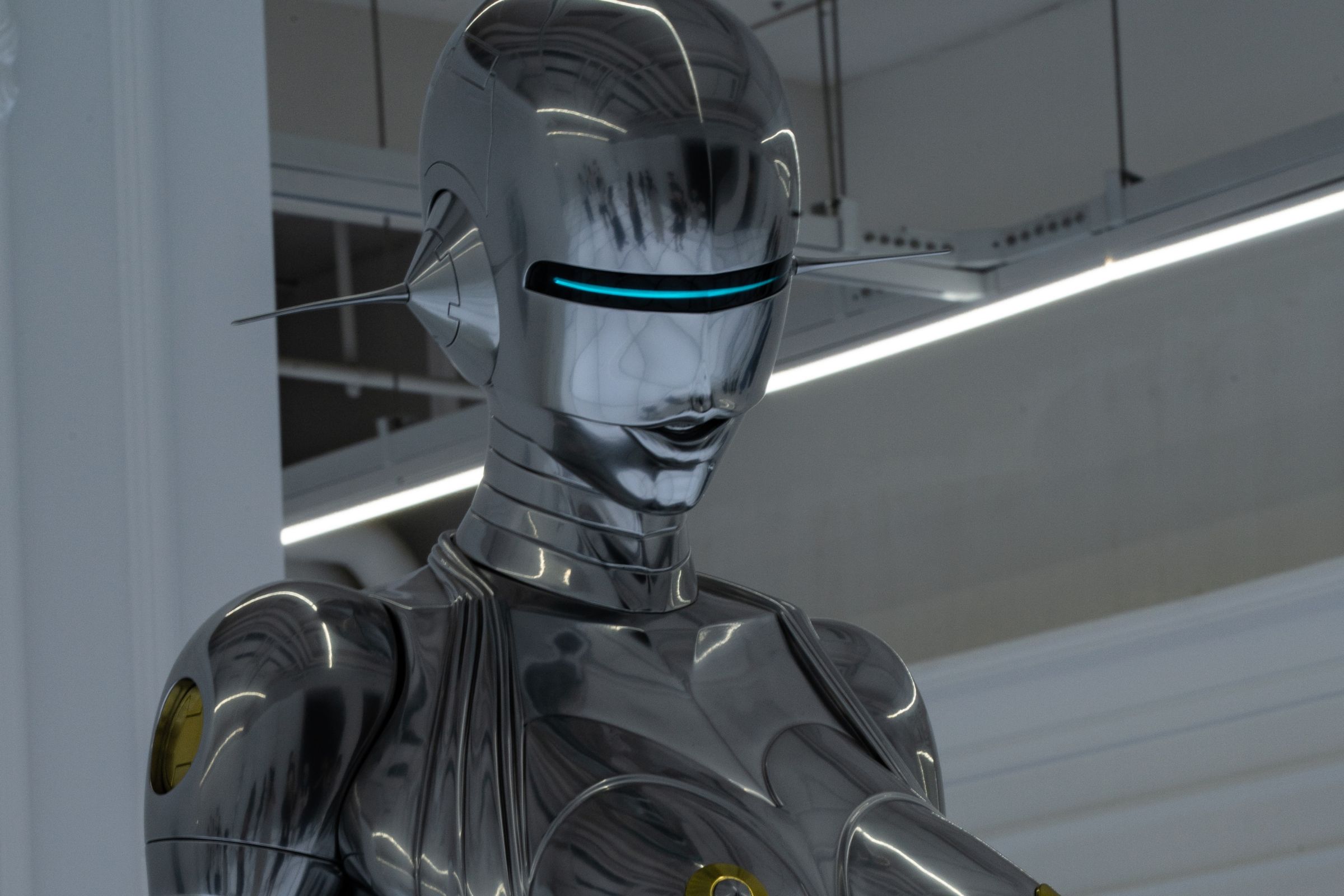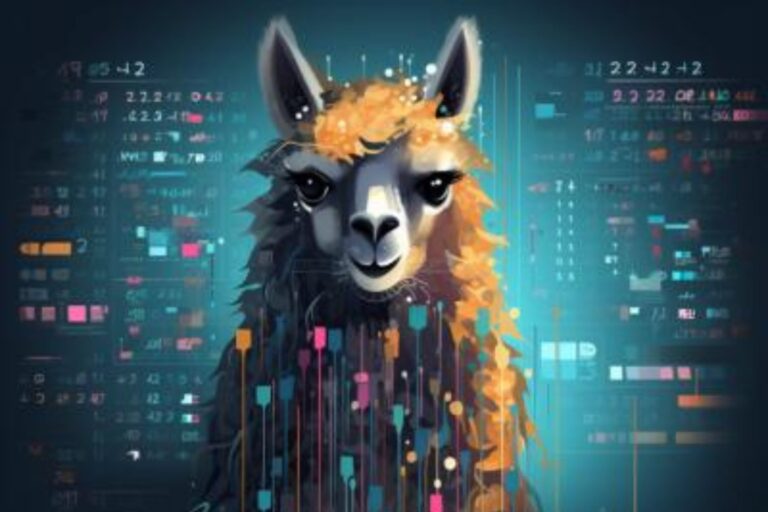Introduction:
Artificial Intelligence (AI) has appeared as an innovative force in the modern world. Affecting virtually every aspect of our daily lives. AI has become an integral part of our routines, from personalized recommendations on streaming platforms to smart home assistants. This technological evolution is reassembling the way we work, communicate, entertain, and even make decisions. In this essay, we will explore the rise of artificial intelligence in everyday life, examining its applications in various sectors and the implications it brings to society.
Artificial Intelligence in Private Devices and automatic control of home appliances:
One of the most detectable effects of AI in daily routine can be seen in private devices like smartphones, tablets, and smartwatches. Virtual assistants, such as Apple’s Siri, Amazon’s Alexa, and Google Assistant, have become everywhere, enabling users to perform tasks, get information, and control smart home devices using voice commands. These assistants leverage natural language processing and machine learning algorithms to understand user queries better and provide relevant responses.
Home automation has also seen a significant boost due to AI integration. Smart thermostats, lighting systems, security cameras, and doorbells can adapt to users’ preferences and schedules, making homes more efficient and secure. AI algorithms look over data from different sensors to optimize energy usage, upgrade security, and create a more comfortable living environment.
Artificial Intelligence in Medical care:
AI has shown massive potential in healthcare restructuring. It helps medical professionals make diagnoses, drug discoveries, personalize treatment plans, and predict disease outbreaks. Machine learning algorithms can analyze vast amounts of patient data to help identify patterns and diagnose medical conditions with high accuracy. AI-powered medical imaging systems can detect abnormalities in X-rays, MRIs and CT scans, helping doctors to take helpful decisions.
Artificial Intelligence in Education System:
The integration of AI in education has changed traditional learning methods. Adaptive learning platforms use AI algorithms to personalize study materials and tailor learning experiences based on the strengths and weaknesses of individual students. By analysing data on student performance, AI can identify areas where students may need additional support and provide targeted learning resources.
Additionally, AI-powered language translation tools and language learning applications have made communication between cultures more accessible. Students can now learn foreign languages with the help of AI-powered speech recognition and real-time feedback.
Al in Transportation:
AI has become a driving force behind the development of autonomous vehicles, a technology poised to reshape transportation as we know it. Self-driving cars and trucks leverage AI-powered sensors and algorithms to navigate roads, respond to traffic conditions and avoid collisions. Potential benefits of autonomous vehicles include reduced traffic congestion, improved road safety, and increased accessibility for people with mobility challenges.
Apart from autonomous vehicles, AI is also playing an important role in improving public transport systems. Smart city initiatives are leveraging AI to enhance traffic management, public transit scheduling, and transportation infrastructure planning.
AI in retail and e-commerce:
E-commerce platforms have integrated AI to enhance customer experience and streamline operations. AI-powered recommendation engines recommend products to users based on their browsing history, purchasing behaviour and preferences. This personalized approach not only improves customer satisfaction but also increases sales and customer loyalty.
Additionally, AI-powered chatbots are used by many online retailers to provide instant customer support, answer questions and guide customers through the shopping process. These chatbots can handle many inquiries at once, significantly improving response times.
Al in finance:
Learning algorithms can analyse historical data to identify potential fraudulent transactions and alert financial institutions in real time, reducing the risk of financial losses. Additionally, AI-powered robot-advisors are gaining popularity, offering automated investment advice and portfolio management to retail investors. These platforms assess individual risk profiles using AI algorithms and recommend suitable investment options based on the user’s financial goals.
AI in Entertainment and Creativity:
AI has also made its mark in the entertainment industry, enhancing the way content is produced and consumed. AI-powered algorithms analyse user preferences to recommend movies, TV shows and music that suit individual tastes. Streaming services, such as Netflix and Spotify, rely heavily on AI-powered recommendation engines to keep users engaged and satisfied.
Moreover, AI-generated content is on the rise. From AI-written articles and news stories to AI-generated artworks and music compositions, machine learning algorithms are pushing the boundaries of creativity. However, the ethical implications of AI-generated content, such as copyright and ownership, remain a matter of debate.
A Ethical Considerations and Challenges:
As AI affects various aspects of everyday life, it raises ethical concerns and challenges. Privacy concerns are a key issue, as AI systems often require access to vast amounts of personal data to function effectively. Protecting this data from misuse and unauthorized access is of utmost importance.
Bias is another important concern in AI algorithms. If not properly designed and trained, AI systems can retain biases and biases in the data they learn from. Ensuring fairness and transparency in AI decision-making processes is critical to prevent reinforcement of harmful social norms.
Additionally, the automation of jobs through AI and robotics could lead to widespread unemployment and increase socio-economic inequality. Governments and industry must work together to develop strategies to retrain the workforce and promote a smooth transition to an AI-driven future.
Conclusion:
The rise of artificial intelligence in everyday life has fundamentally changed how we interact with technology and each other. AI applications have increased efficiency, convenience, and accessibility in a few sectors, from healthcare and education to transportation and finance. However, as AI continues to evolve and become more deeply integrated into society, addressing ethical concerns and challenges will be critical to ensuring a future where AI benefits all of humanity.
By promoting
By promoting responsible development and the use of AI technologies, we can use its best potential to create a more inclusive and prosperous world. The widespread addition of artificial intelligence to everyday life has ushered in an era of unprecedented technological advancement and opportunity. AI has become an essential tool for improving various fields, streamlining processes, and enriching our everyday experiences. However, as we celebrate the remarkable advances AI has made, we must not overlook the ethical concerns and challenges it presents.
Privacy and data security
Privacy and data security are top concerns in an AI-driven world. The vast amount of personal data collected to train and operate AI systems can be exploited and misused. It is important that strict data protection measures and regulations are put in place to protect the privacy of individuals and prevent data breaches. Another important issue is the ability for AI algorithms to retain biases in the data they are trained on. Unchecked biases can lead to unfair outcomes in areas such as employment, lending, and criminal justice. AI developers and researchers must be committed to combating bias, promoting transparency, and ensuring that their algorithms do not exacerbate existing social inequalities.
Additionally, the displacement of human labour by AI-driven automation raises concerns about job security and the future of work. To minimize the impact on the workforce, collaborative efforts between governments. Industry and academia are needed to equip workers with the skills needed to thrive in an AI-driven job market. Emphasis on lifelong learning and advanced training programs will be essential to ensure a smooth transition into this new era.
AI has the potential
While AI has the potential to profoundly benefit society, it is important to be aware of its limitations and potential risks. AI systems, while impressive in their capabilities, lack the nuances of human empathy, creativity, and moral judgment. There are certain tasks and decisions that should remain within the realm of human expertise. Especially those involving complex moral dilemmas and empathic interactions. It is incumbent upon governments, researchers, and technology companies to work together to establish clear regulations and standards for the responsible development and deployment of AI. Ethical AI principles should prioritize human well-being, fairness, transparency, and accountability.
Finally, the rise of artificial intelligence in everyday life has undoubtedly changed the world we live in, offering glimpses of a future that was once the stuff of science fiction. The vast applications of AI have led to unprecedented convenience, efficiency, and innovation. However, we must proceed with caution and foresight to address the ethical dilemmas posed by AI. By embracing the potential of AI while adhering to strong ethical guidelines. We can harness the power of this technology for the betterment of humanity and create a future. Where AI serves as a catalyst for growth and inclusion. With the right approach, AI can become an indispensable ally in tackling. Some of humanity’s most pressing challenges and creating a brighter and more promising future for all.


Pingback: Future AI systems Get LLaMA that are factual - Mystartups